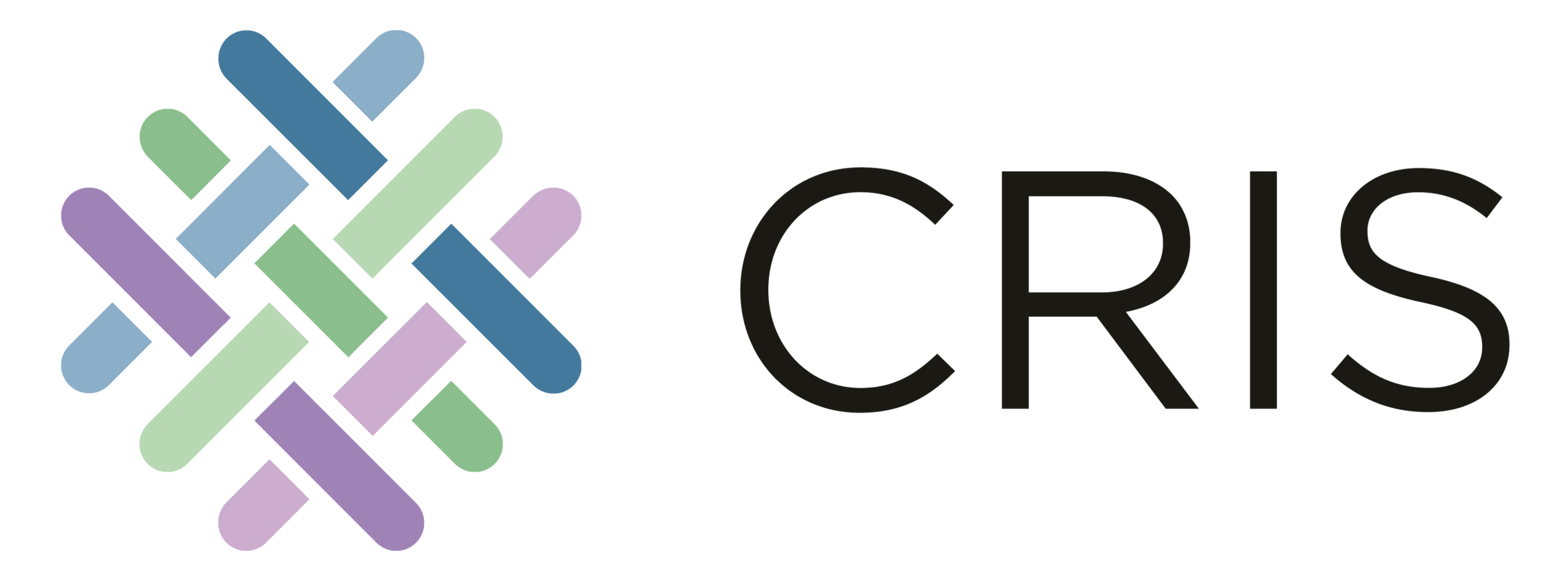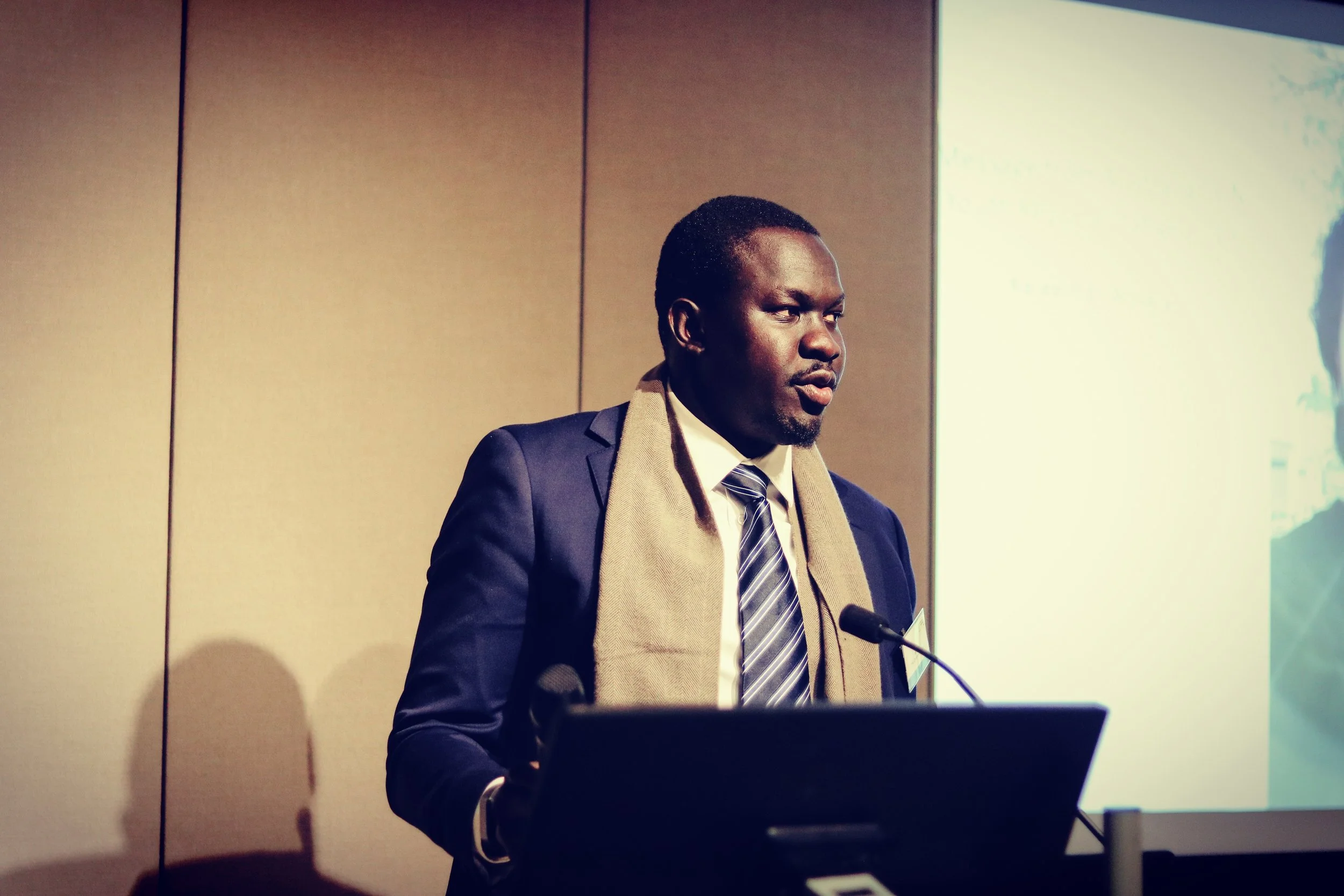Letters to Australia: Emily Unity
AMF LETTERS TO AUSTRALIA
Fresh, Diverse Voices Imagine the Future
Letters to Australia is an initiative from the Australian Multicultural Foundation (AMF) aimed at amplifying voices not always heard in the national conversation. This online collection of ‘letters’ elevates the voices of young advocates and thinkers so they may be heard by the wider Australian community. It also seeks to encourage curiosity and open mindedness about Australia’s future in the community more generally.
Australians from all walks of life will be invited, each month, to share their intelligent, critical perspectives on Australia’s future to draw attention to issues, questions and ideas which are important to us all.
Emily Unity
I acknowledge that this letter was written on the lands of the Wurundjeri people of the Kulin nation. I pay my respects to their elders and acknowledge that this always was and always will be Aboriginal land. I also acknowledge people with lived and living experiences of mental health challenges and recovery, including those who identify as carers, families, friends, and supporters.
*
Dear Australia,
Growing up, I was always considered too foreign, no matter where I was.
My father is a Malaysian immigrant. My mother is a Vietnamese refugee. I was born in Australia. People used to describe me as a “banana” – yellow on the outside and white on the inside.
I felt like I was “too much” and also “not enough.”
I was taught to shape myself into something more convenient for the people around me. I learned that “where are you from?” really meant “tell me your cultural identity, but in the least controversial way.” .
I learned how to be the poster child for the Asian eldest daughter and donned the model minority mask. I learned how to step gently – to be seen and not heard. I learned that model minorities were tolerated only when we were useful to others and so apologised for my diversity with productivity.
I internalised the discrimination and felt guilty for who I was.
I would ask my mum to pack me sandwiches for lunch because I was embarrassed by the food from home. I tried to whiten my skin and would ruminate over plastic surgery to conform to Eurocentric beauty standards and colourism. I avoided other Asian people in social settings and started dissociating with people who were like me. I became fearful of appearing “too Asian”. I equated joy with white culture.
On the outside, everything looked fine. On the inside, I was falling apart.
I was so used to wearing a mask that when it started showing cracks, I didn’t even notice. I had to reach a crisis point before anyone realised that something was wrong. It was extremely difficult, but it was the wake-up call I needed to understand that things did not have to be that way.
If a flower does not grow, change the environment in which it grows, not the flower.
My rejection of my identity was a survival mechanism in a system that rejected intersectionality. It has taken me years to learn that I am neither “too much” nor “not enough”. I am enough. I do not have to break myself into bite-sized pieces for the convenience of others.
I now believe our strengths lie in our differences, not in our similarities. I am writing this letter in the hope that my story can raise awareness of the importance of creating a future Australia where diversities and intersectionalities are celebrated.
Diversity is a fact. Inclusion is an act.
I have included a visual representation of this letter, an artwork depicting the three unique cultures I’m privileged to identify with, and my personal journey towards celebrating the beauty in their symbiotic intersectionality.
We must create a world where everyone is accepted and supported, just as they are. We should not have to leave certain parts of ourselves behind because they’re “too complex” for our systems to support. To grow as a nation we have to be genuinely inclusive of intersectional identities.
The path forward is not paved with passivity. We must act. We must resist the actions, ideas, and institutions that divide us. We must actively address ignorance with education, bigotry with tolerance, and isolation with compassion.
Systemic change takes time and often feels out of reach. But individual acts can create genuine and pervasive change. I encourage you to consider these three actions:
1. Learn about yourself
We can only meet others at the depth we’ve met ourselves. Take care to notice your internalised biases or expectations, and reflect on how they shape the perspective that you bring to the room. For me, this has involved unpacking my own trauma and understanding my own privilege both introspectively and with help from professionals and loved ones who can help me safely explore my identity and experiences.
2. Learn about others
Listen with compassion to the lived and living experiences of others. Learn to enjoy environments that challenge your worldview. Engage with diverse individuals in your professional and personal life, and learn to listen with compassion to their lived and living experiences.
3. Speak up and show up
Ask questions, raise issues, and make space for voices that are not often heard. You don’t have to go out of your way to do this; at the very least you can challenge exclusion where you see it happening at work or in your daily life. I am committed to advocating for “nothing about us, without us”. Diversity isn’t just an agenda item or a checkbox; it’s embedded genuinely and meaningfully at all levels of our lives.
In my work, I’ve sat on boards and committees, worked with community groups, providing training, and redesigned services. I have started new initiatives, including a podcast, Multicultural Minds, to raise awareness of multicultural mental health.
I’m not saying that everyone needs to start a podcast or become a board director. But we can all create change in our own way. Seek out opportunities to join in, expand, or start new conversations about inclusivity. The change we need starts with us asking questions, raising issues, and making space for voices that are not as often heard.
We cannot fix our system until we’re fixing it not just for everyone, but with everyone.
Emily Unity
they/them | 24 | Wurundjeri Land
Emily Unity is a mental health professional and software engineer living on Wurundjeri Land in Melbourne. They are a queer, culturally diverse, and neurodiverse young person.
Emily is passionate about diverse experiences of mental health, particularly for multicultural, LGBTQIA+, and neurodiverse people. They have worked across the sector, including with headspace, Orygen, Beyond Blue, the Royal Children's Hospital and the National Mental Health Commission.
In 2021, Emily was awarded both Mental Health Advocate of the Year and Youth of the Year. In 2020, they received the Young Woman or Non-Binary Person of the Year award.
Emily has lived and is living experiences of mental health challenges, homelessness, suicide and self-harm, having a disability, and being a young carer. They endeavour to use both their professional and lived experience to help advocate for a world inclusive of all people, regardless of background, identity, or neurodiversity.
In their spare time, Emily likes to care for their own mental health through creative expressions of art and music, and playing video games. See more about Emily at their website.










